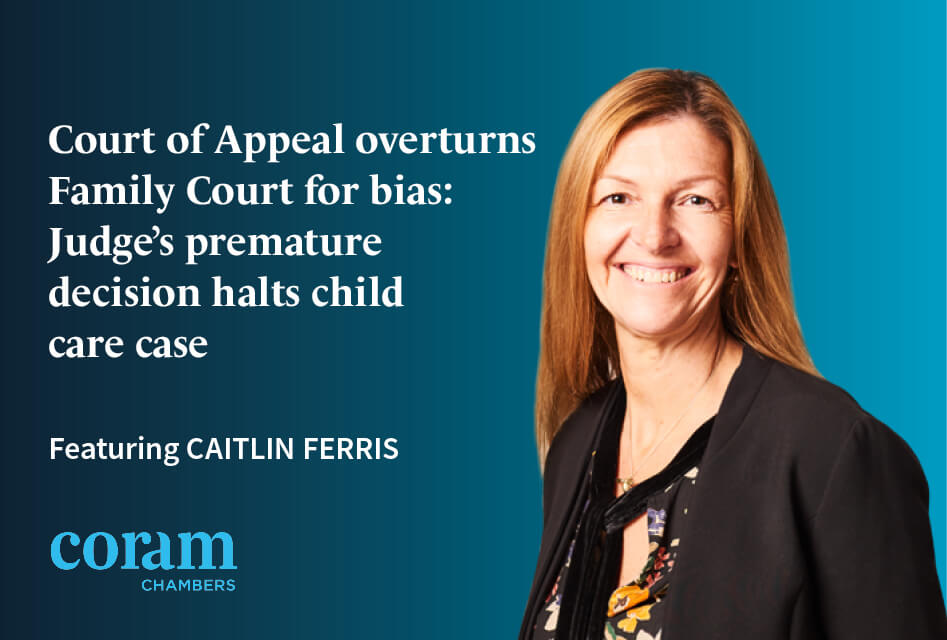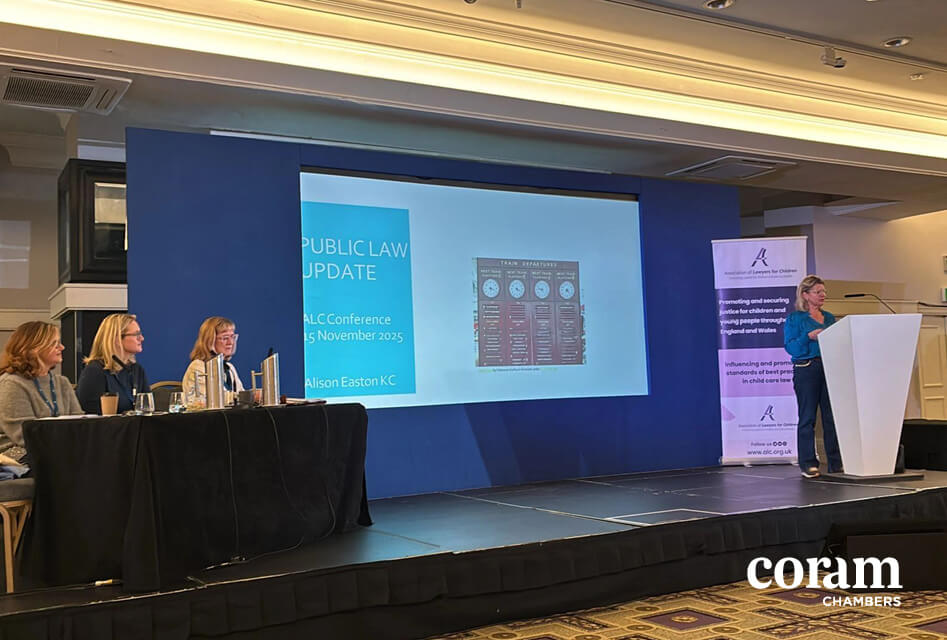A couple of weeks ago, Rob Marsh, pupil at Coram, was awarded an Ann Goddard Scholarship by Gray’s Inn. Rob reflects on why the award is special and what being a recipient means to him.
Ann Felicity Goddard was born in 1936. She was state educated and gained law degrees from the universities of Birmingham and Cambridge, before being Called to the Bar by Gray’s Inn in 1960. She became a tenant at 3 Temple Gardens, took Silk in 1982, and was Head of Chambers from 1985 – only 11 years after Barbera Calvert became the first female Head of Chambers (of 4 Brick Court). In 1990, Goddard became a bencher of Gray’s Inn; in 1993 was appointed to the circuit bench; and in 1997 became a senior circuit judge at the Old Bailey where for many years she was the only woman judge. She has been described as ‘one of the cleverest criminal barristers of her generation’. Goddard’s story is of a ground-breaking woman who, according to her peers, quietly rose to the top. She showed the legal profession, and especially her male counterparts, what women were capable of, and in so doing helped pave the way for the next generation.
Goddard died in 2011, leaving a bequest to Gray’s Inn to fund scholarships for pupil barristers intending to specialise, at least in part, in publicly funded work. The Ann Goddard Scholarship is therefore special – and unlike Gray’s Inn’s other scholarships – in recognising that practising at the legally aided Bar is different from practising in other areas. For one, the financial rewards are smaller. This is felt most acutely by pupil barristers undertaking criminal work, as was brought to national attention by the criminal barristers’ strikes of 2022. I am thankfully not in financial hardship – largely owing to Coram’s generous pupillage award – but the Scholarship will nevertheless help smooth my transition into self-employment as my caseload builds. To me, the Scholarship also recognises the emotional and psychological pressures associated with being a publicly funded practitioner – for instance, in public children cases supporting parents whose children might be being taken away from them – and the public good we hope to do through our work; be it protecting the welfare of vulnerable children or adults, or helping safeguard people against disproportionate state interference in their family lives.
Applying for an Ann Goddard Scholarship also encouraged me to look ahead to the future and consider what I hope to achieve in my practice in the next three years. On being asked the question, I realised that I wanted to develop a broad family practice, encompassing the full range of children and financial remedies work – including, of course, legally aided cases. I hope to put my experience and enjoyment of legal research into practice by taking on cases raising complex legal points. And, as a gay man, I hope to help LGBT+ individuals build their own families and become a (junior) authority on surrogacy and assisted conception law. Above all, though, I hope to follow Ann Goddard’s example, and be a lawyer who champions publicly funded work, who isn’t afraid to push boundaries, and who through their work makes a real difference to the lives of ordinary people.
You can find a full list of 2023 Ann Goddard scholarship award winners here.
*Biographical information about Ann Felicity Goddard was taken from her obituaries (accessible online) in The Guardian, The Telegraph and the Times.


